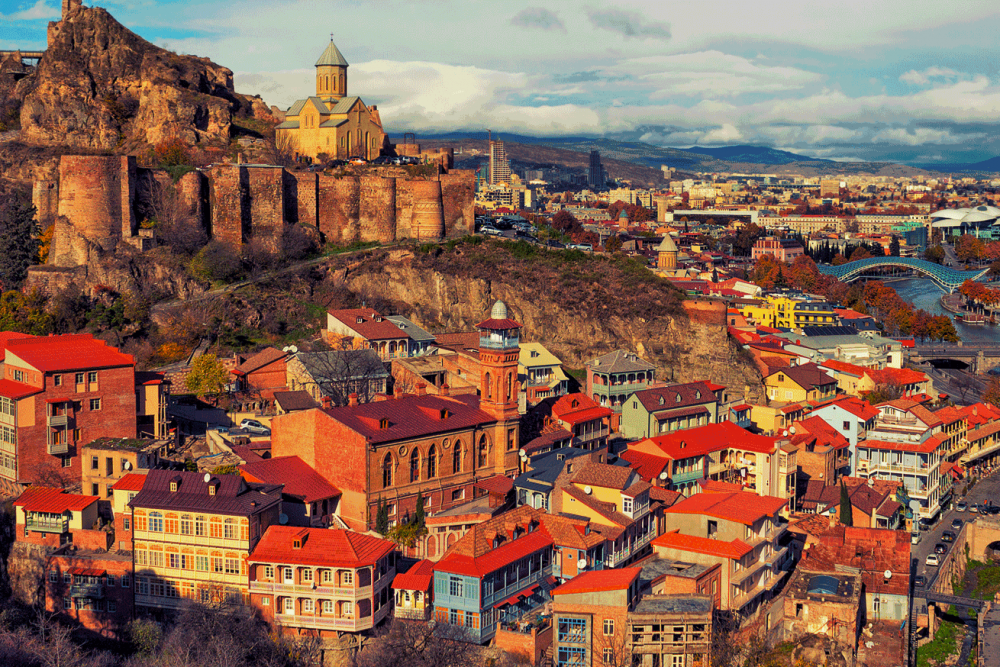South Caucasus: The land of diverse cultures
The Caucasus is not merely a physical or political geography, but rather a rich cultural geography. Comprising a diverse array of ethnic groups and nations, including Georgians, Armenians, and Azerbaijanis, this region is characterized by its small size yet great contrasts.
From time immemorial, the Caucasus has held significant geopolitical importance to the larger nations that surround it, with Russia to the north and Turkey and Iran to the south. The North Caucasus, situated as the borderland of European Russia, has long served as both a literal and symbolic frontier between Europe and Asia.
However, it is the Trans-Caucasus region, encompassing the now independent countries of Armenia, Azerbaijan, and Georgia, that truly captures the imagination of travelers throughout history. Despite its small size, the Caucasus has been marked by a tumultuous history of conflict, war, forced migrations, massacres, ethnic cleansing, invasion, conquest, and reconquest. Borders have shifted in response to each cataclysmic event.
Yet, amidst this turbulent history, each country has managed to preserve its language, literature, folklore, and art, thereby nurturing a strong sense of ethnic and national identity. Despite the challenges they have faced, the people of the Caucasus have persevered, contributing to the rich cultural tapestry of the region.
Best season
4 season
Popular location
Georgia, Azerbaijan,Armenia


